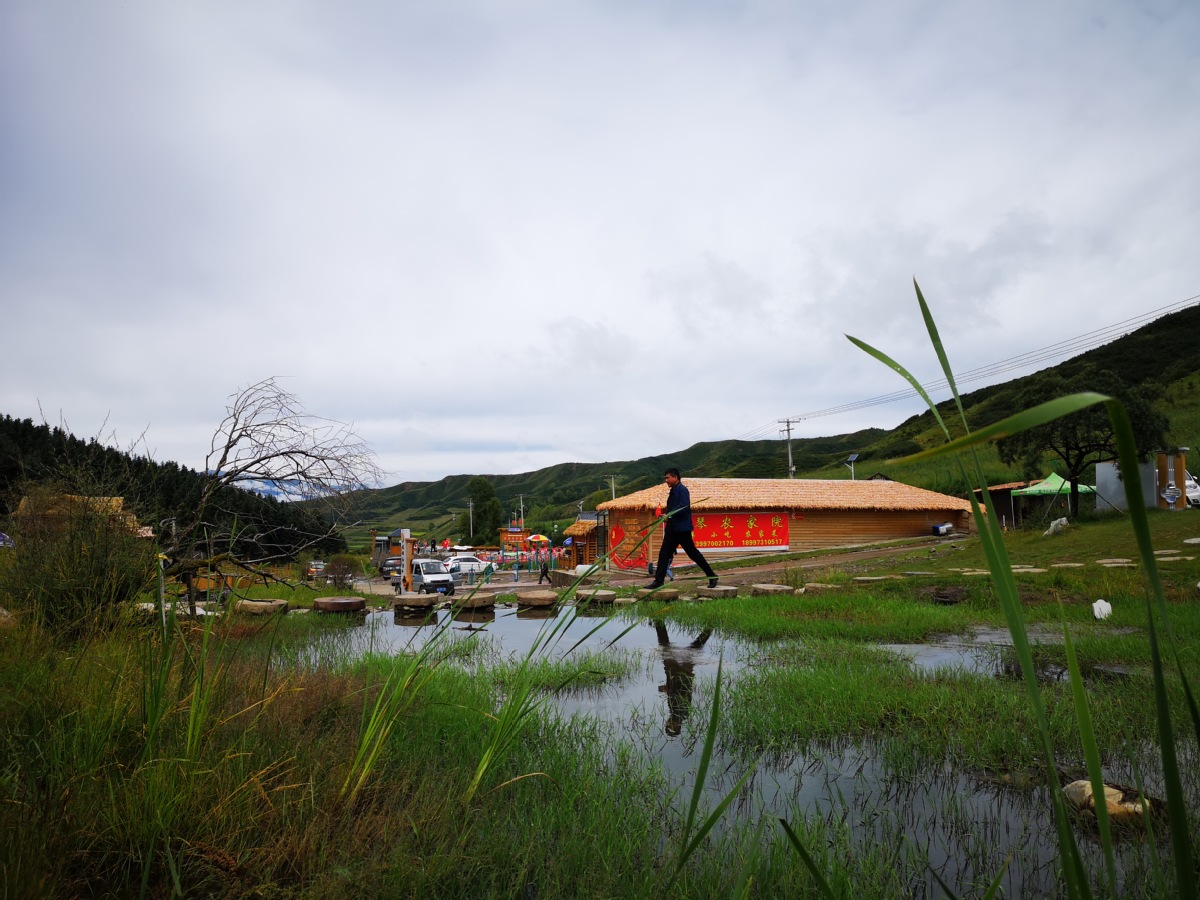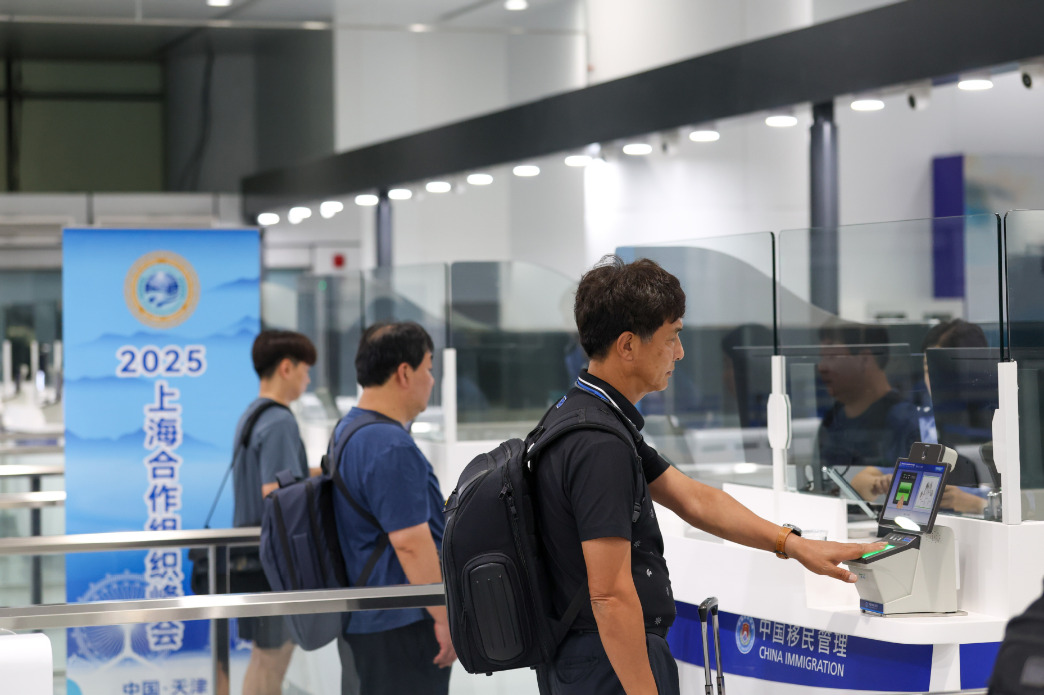Herbs, tourism bring prosperity to poor Qinghai family


The economic condition of the poor family changed fundamentally starting in 2016. With about 30,000 yuan ($4,300) of subsidies from the local government to help poverty-stricken families and his own savings of 94,000 yuan, he bought a small truck and started a business of collecting vegetables to sell. His business went well. With an annual income of 50,000 yuan that year, he managed to remove his family from the poverty-stricken list.
That was just the beginning of the family's prosperity, as the local government brought in more industries to help residents lead a more comfortable life.
In 2017, with help of local government, he invested in the planting of Angelica sinensis, a Chinese herb, and made 48,000 yuan. Meanwhile, his wife was trained to become a cook as the local government organized lessons to help families start rural resort businesses that could serve the growing number of tourists to the area.
According to Li Yingren, Party chief of the village, the local government began to promote planting Angelica sinensis in 2015. That year, each of the 79 families who decided to plant the herb was offered free seedlings worth 24,000 yuan. All of the families were also given training before they started planting and were regularly offered guidance from experts, Li said, adding local government also promised a minimum purchasing price of 8 yuan per kilogram.
While further expanding his herb planting area, Zhao's family started a restaurant in 2018 thanks to the cooking skills his wife learned. The business in the restaurant is so good that he hired three villagers to help. He could now make more than 100,000 yuan a year from the restaurant that could accommodate over 100 people.
- Innovation transforms embroidered thangka into income source for SW China villagers
- Green spaces bloom in Shanghai, home to over 1,000 parks
- Highly efficient immigration inspection system unveiled at Tianjin airport
- China issues guideline to promote high-quality urban development
- Chinese scientists make breakthrough in ultra-wideband photonic-electronic 6G communication
- Rural Chongqing's 'Stephen Hawking' blazes a trail for smart agriculture




































